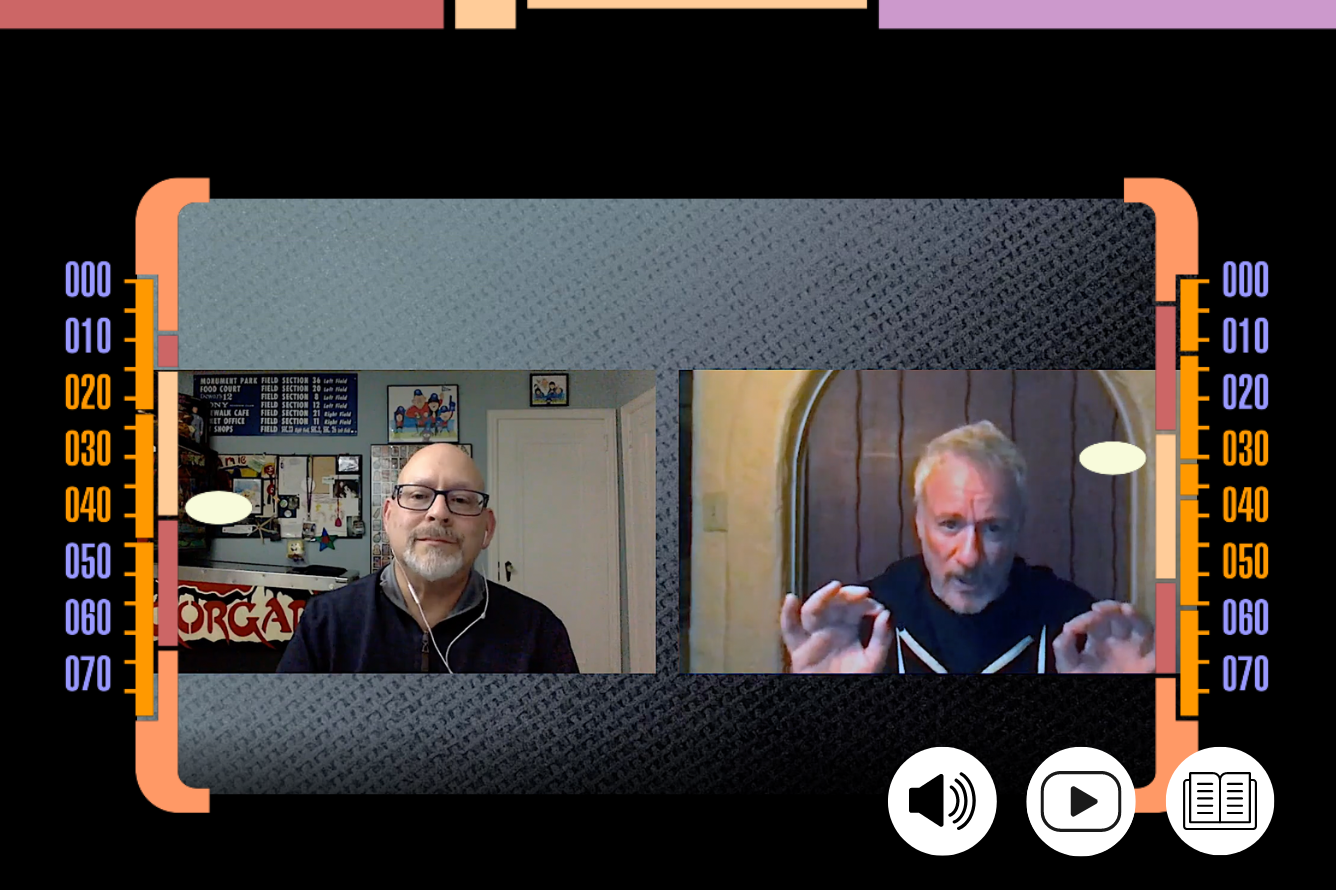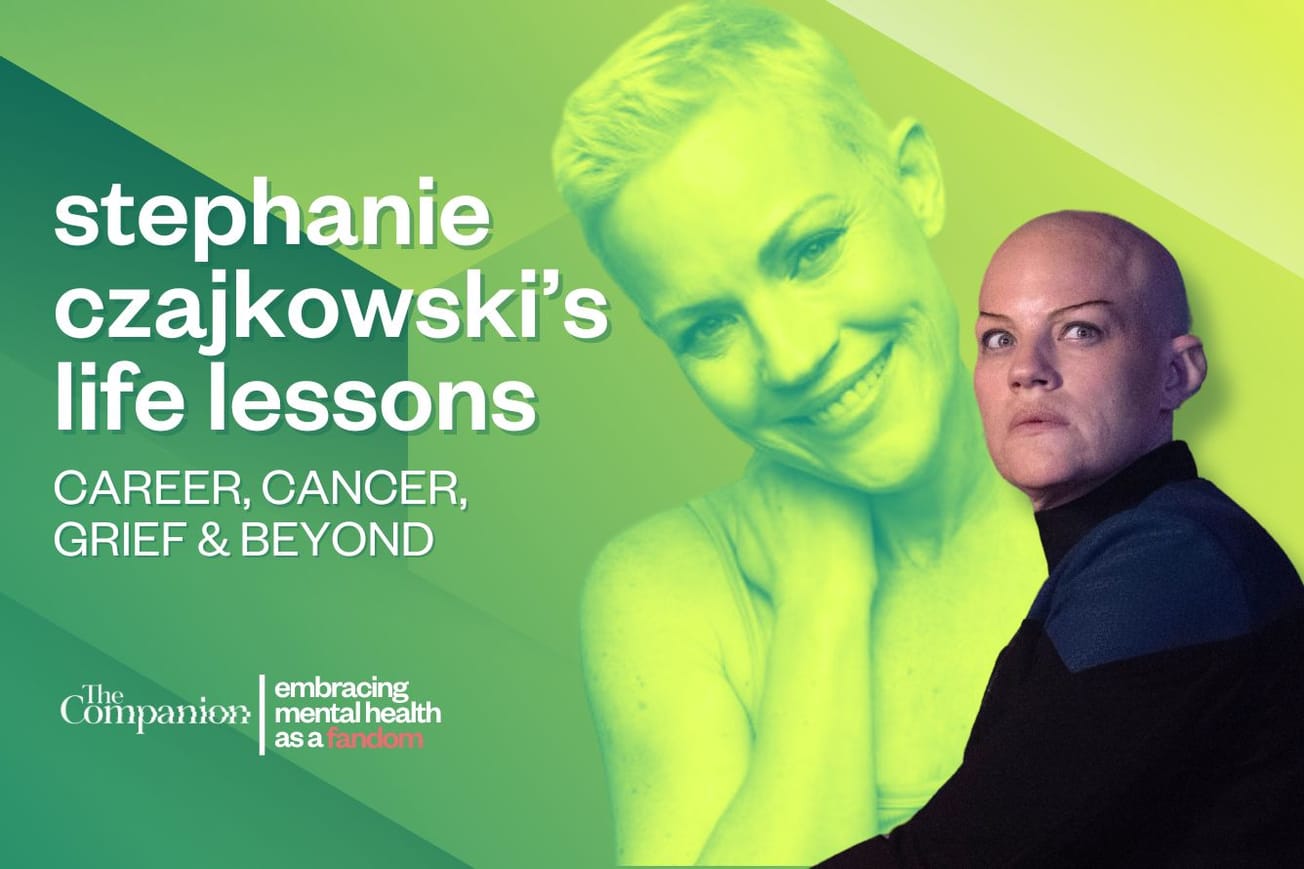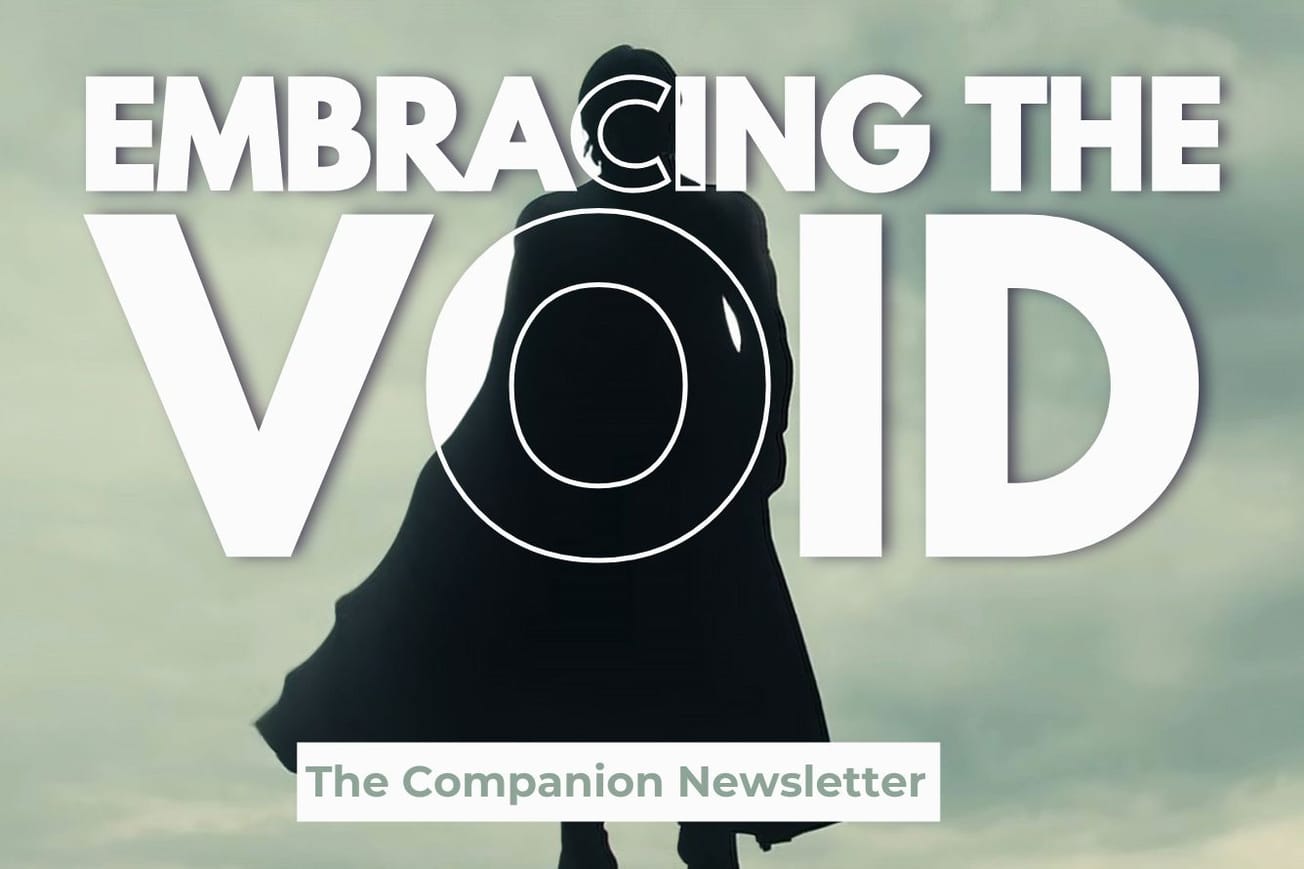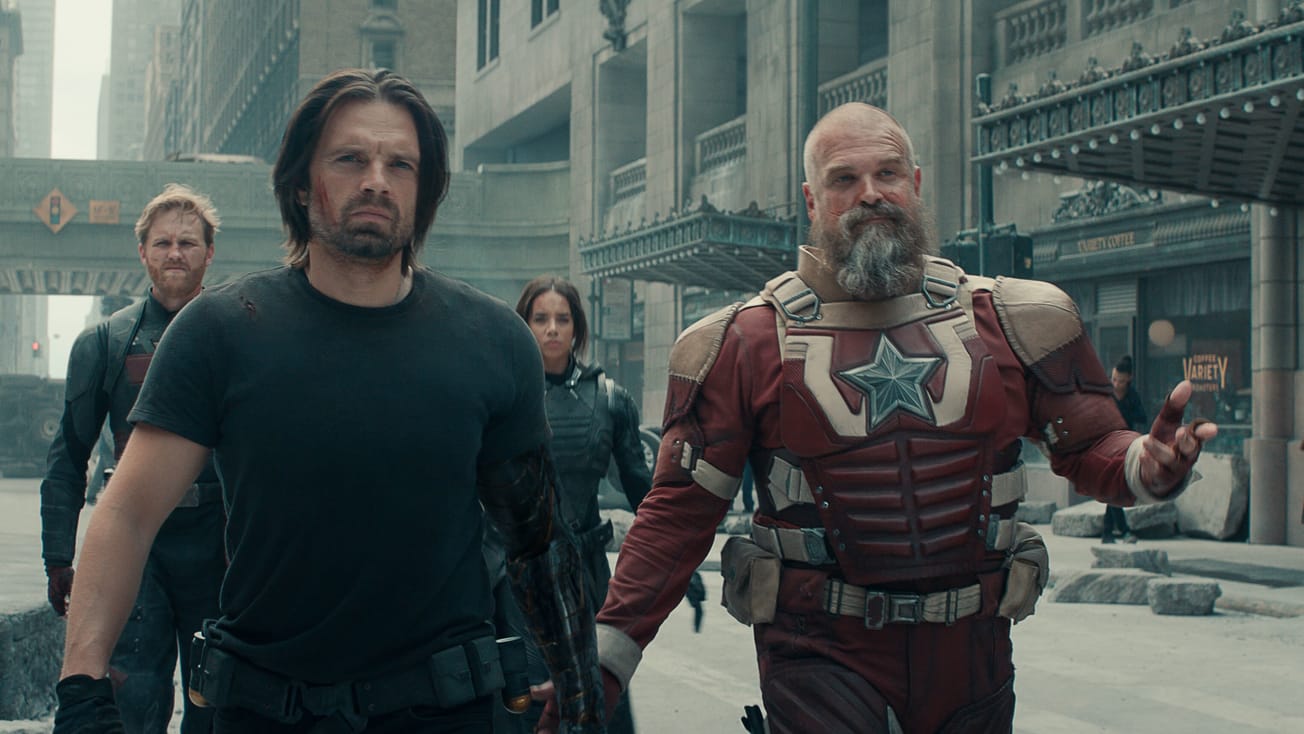The ultimate Star Trek antagonist, Q debuted alongside the new-look Enterprise crew in the pilot episode of Star Trek: The Next Generation, going on to make seven appearances in the series, before infuriating the crew of Star Trek: Deep Space Nine and Star Trek: Voyager for extra credit. Earlier this year, Q’s story came to a close with the second season of Star Trek: Picard – not a bad run for an actor who had barely heard of Star Trek before he bagged the role.
“I ended up auditioning for the role and this big guy comes up behind me and he puts his hand on my shoulder and he says, ‘You make my words sound better than they are’ and I said, ‘Well, you must be the writer,’ and he said, ‘I'm Gene Roddenberry.’ I had no idea who that was,” confesses de Lancie in the latest episode of To Boldly Ask…, a Star Trek interview series hosted by veteran Trek correspondent Ian Spelling.
Q Wasn't Supposed to be Funny
Famously Q was added to the pilot of Star Trek: The Next Generation, ‘Encounter at Farpoint’ (S1, Ep1), as an afterthought – a means of bulking out the run time when the network decided they wanted a two-hour pilot. Enter the scenery-chewing John de Lancie in a crimson robe. Immediately, he began to give the cosmic jester his, well, jest.
“I think my biggest contribution I made was early on,” he tells Ian Spelling, “and that is to give it a little bit of a spin – a humorous spin. With [director] Corey Allen in the pilot, he really did not want that: ‘No, no, no, no, no, no, it's got to be really straight, straight down the middle.’ But wherever I could kind of give a wink and a nod, I did. Then it got to the point where I ended up saying, ‘You know, please don't write me funny, because I think that I can, I can undercut better than then trying to be, you know… it's not a comedy show.’”

Although remaining largely enigmatic, the second season of Star Trek: Picard gave Q a surprisingly moving sendoff as he reveals – spoiler alert – that he’s dying, and that all of his efforts have been to ensure that Jean-Luc (Patrick Stewart) doesn’t end up as he is: utterly alone. De Lancie points out that for the first time in 35 years, Q had an inner purpose that extended beyond Picard’s elbow.
“There are two zones. Let's take Next Generation and then let's take Picard. For Next Generation, because there was no backstory, my entire attention was on Picard. The difference being that in Picard, the television show, because I'm internally driven at that point, I have a secret. I have an agenda. I now have a timeline. I have all sorts of things. My attention was less centered on Picard.
“So one could say, In the beginning, I allowed myself to be as annoying as possible, just for the fun of it. And in the second stage, it was much more like, ‘Hey, man, let's get moving here.’”
Who is Q and What Comes Next?
With no background offered for Q during The Next Generation era, de Lancie decided to compose his own. Appropriately for an outspoken humanist and secularist, he reached for classical philosophy to add some color to the role.
“I have this story, in my own mind, that was never revealed to anybody else,” he admits. “It was only its story that I revealed to Terry [Matalas, Star Trek: Picard showrunner] after the show was done. Because it was a character that there was no backstory for I needed to create something, something otherwise, you know, it would just be like a poof, I'm on there. And then poof, I'm gone. So that's not very satisfying. So I gave myself a story, which was, Plato's Cave.

“There's a cave with an entrance [that] the sunlight goes through, there are humans who are chained inside the cave and can only see the wall of the cave. Therefore, everything that goes in front of the cave becomes a projection on the wall. So they are only seeing shadows. Continuing the story, one of them breaks his chains, goes out to the entrance, goes outside, and goes ‘Oh, my God, that is reality – that is truth out there.’ Comes back, [and] tells the humans, ‘These are just shadows, I’m a philosopher now, I'm giving you the truth.’ And of course, they kill him. So I had in my head, what are the Q? The Q are in fact the [people] who are chained, who watch the wall. We are the witnesses, but we are only seeing the shadows. So what have I done? I'm the one who has broken out. And I'm traipsing through the universe trying to actually get the real deal. That was my backstory.
“It gave me a sense of grounding. It gave me some reason to be there, and I want to find out and I want a bunch of, you know, whatever it is, ice cream milkshakes or whatever that scene was, and I want a bunch of this and I want to experience that. It gave me a little bit of juice.”
Unsurprisingly, de Lancie has also given some thought to Q’s attitude toward death.
“Well, we actually talked about that on Picard. I envisioned it this way. How does an omniscient creature deal with the unknown? [He] can't be omniscient in the same space as an unknown. And so I felt that Q, as an omniscient and omnipotent creature, would move towards the unknown.”
The thread was picked up by one of the live audience who asked: is Q dead now, or part of something bigger?
“Always bigger,” he replies. A glimmer of theism to be sure, but Q’s divinity is at least one John de Lancie has seen firsthand.
This interview was first published on October 19th, 2022, on the original Companion website.
The cost of your membership has allowed us to mentor new writers and allowed us to reflect the diversity of voices within fandom. None of this is possible without you. Thank you. 🙂










